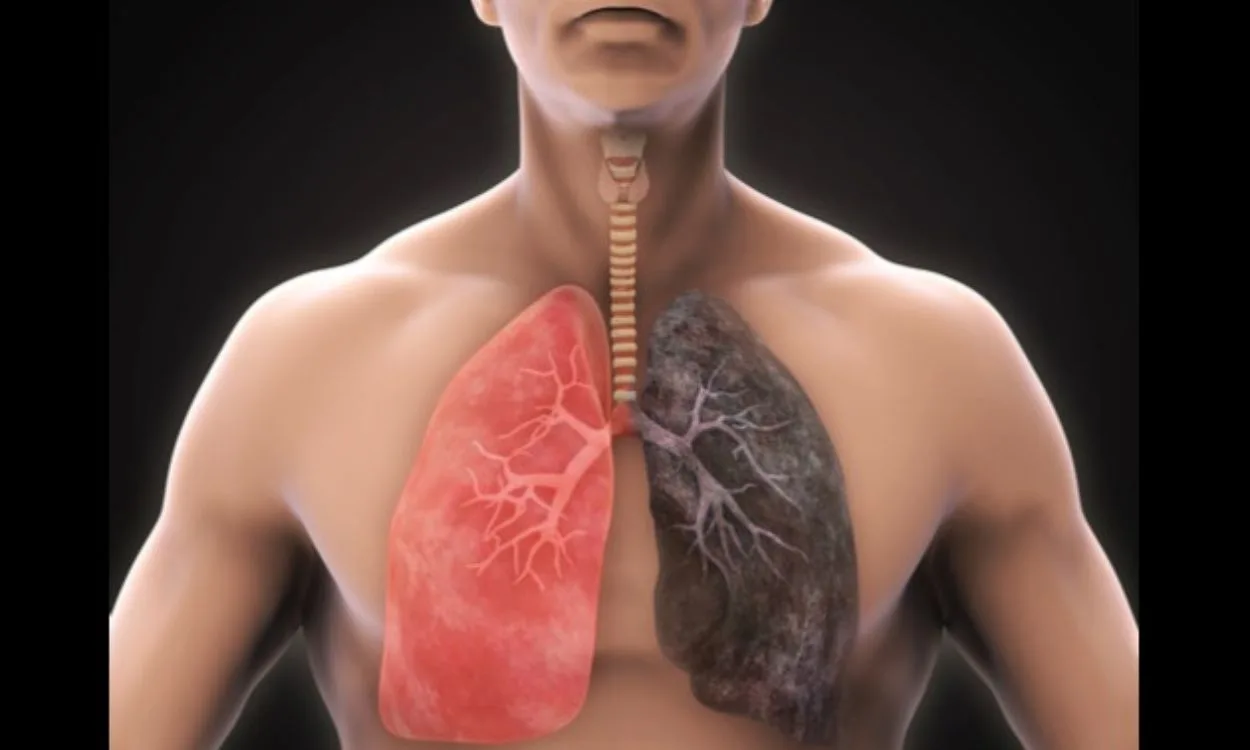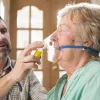How Does Smoking Impact the Respiratory System?
Smoking is a widespread addiction that has severe consequences for the human body, particularly the respiratory system. The harmful chemicals in tobacco smoke can cause significant damage to the lungs and other organs involved in the process of breathing. Understanding the impact of smoking on the respiratory system is crucial for individuals who smoke or are considering starting this habit. In this article, we will delve into the various ways smoking affects the respiratory system and the implications it has on overall health.
- Cigarette Smoke and Lung Function
- When a person inhales cigarette smoke, it directly affects the lungs, impairing their normal function.
- The chemicals in tobacco smoke irritate the airways and cause inflammation, leading to reduced lung capacity.
- Smoking destroys the tiny air sacs in the lungs called alveoli, which are responsible for oxygen exchange. This damage decreases the overall efficiency of the respiratory system.
- Chronic Obstructive Pulmonary Disease (COPD)
- Long-term smoking is a significant risk factor for developing chronic obstructive pulmonary disease (COPD).
- COPD is a progressive lung disease that includes chronic bronchitis and emphysema.
- Chronic bronchitis is characterized by persistent cough, excessive mucus production, and airway inflammation.
- Emphysema involves the destruction of lung tissue, leading to the loss of elasticity and reduced airflow.
- Both conditions contribute to difficulty in breathing, wheezing, shortness of breath, and a decreased quality of life.
- Lung Cancer
- Smoking is the leading cause of lung cancer, accounting for the majority of cases.
- The carcinogens present in tobacco smoke can cause genetic mutations in lung cells, leading to the uncontrolled growth of abnormal cells.
- Lung cancer is often diagnosed at advanced stages, making it challenging to treat effectively. It has a high mortality rate.
- Bronchial and Respiratory Infections
- Smoking weakens the immune system, making individuals more susceptible to respiratory infections such as pneumonia and bronchitis.
- The toxic chemicals in cigarette smoke impair the cilia, hair-like structures that help remove mucus and foreign particles from the airways.
- As a result, smokers experience frequent infections, prolonged illness, and difficulty recovering from respiratory illnesses.
- Asthma and Smoking
- Smoking aggravates and worsens asthma symptoms in individuals with the condition.
- The chemicals in tobacco smoke trigger inflammation of the airways, leading to increased wheezing, coughing, and shortness of breath.
- Smoking also reduces the effectiveness of asthma medications, making it harder to control the symptoms.
- Secondhand Smoke
- Secondhand smoke, the smoke exhaled by smokers or emitted from burning cigarettes, is harmful to others as well.
- Non-smokers exposed to secondhand smoke are at an increased risk of developing respiratory problems, including asthma, bronchitis, and lung cancer.
- It is essential to create smoke-free environments to protect the health of both smokers and non-smokers.
Understanding the detrimental effects of smoking on the respiratory system emphasizes the importance of quitting or avoiding this dangerous habit. By quitting smoking, individuals can significantly improve their lung health and reduce the risk of developing chronic respiratory conditions.
Now that we have explored the impact of smoking on the respiratory system, let’s shift our focus to a solution that can help individuals lead a healthier life – Fitpaa.
Introducing Fitpaa: Your Path to a Healthier Lifestyle
Fitpaa is an innovative and comprehensive health and fitness platform designed to assist individuals in achieving their wellness goals. With a team of expert fitness coaches, nutritionists, and doctors, Fitpaa offers personalized guidance and support to help users improve their overall well-being.
Fitpaa utilizes the latest advancements in Lifestyle Medicine and Behavioral Therapy to optimize the function of all organ systems, including the respiratory system. By integrating medical therapy, medical exercise therapy, medical nutrition therapy, and cognitive behavioral therapy, Fitpaa helps users achieve their health and fitness goals with a 100 percent guarantee.
The Fitpaa app provides a range of features to support users on their wellness journey. It includes a virtual workout trainer, diet tracker, performance tracking, progress monitoring, and real-time guidance. Fitpaa’s cutting-edge technology incorporates habit building, timely nudging, and purpose-finding techniques to keep users motivated and inspired throughout the day.
Fitpaa is committed to transforming lives and ensuring the well-being of its users. With a goal-oriented approach and a lifetime validity for its services, Fitpaa provides a unique experience that goes beyond regular monthly subscriptions. If you are ready to embark on a journey towards a healthier and more fulfilled life, download the Fitpaa app today and start your transformation.
Remember, your health is priceless, and Fitpaa is here to guide you every step of the way. Say goodbye to smoking and embrace a healthier lifestyle with Fitpaa!









